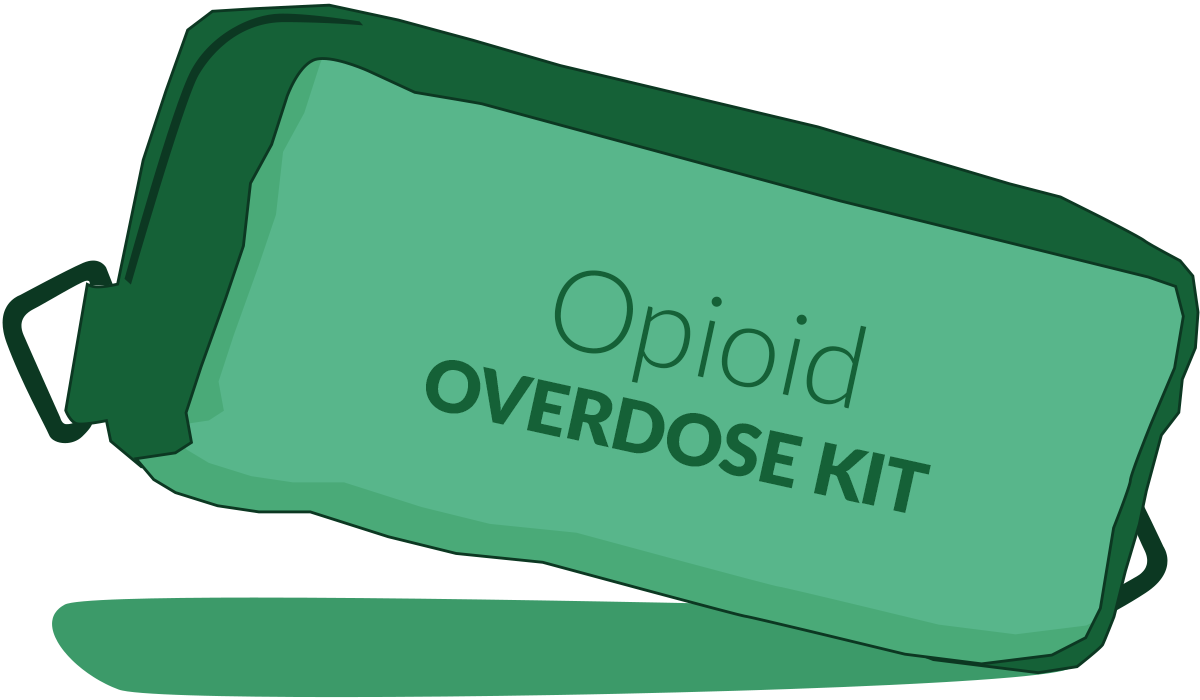Education opportunities: young adults
After school, it is important for students to look forward to what’s next. Whether they pursue a career, enroll in college or enlist in the armed services, young people have options in choosing their path toward adulthood. Some of these opportunities will require a high school diploma, others may demand a background of skills or training. Either way, emerging adults should have a plan for the future, so they are set up for long-term success.
- High school equivalence
Nontraditional students who have not received a high school diploma can pursue similar credit through a High School Equivalence Test (HiSET), Test Assessing Secondary Completion (TASC) or General Equivalency Development (GED) program. These courses allow students to apply for jobs or pursue a college degree that would otherwise require a high school diploma.
Read more - Employment resources
Whether you are a young person looking for a part-time job, a parent who is out of work or an individual with disabilities planning for independence, resources are available to help you navigate the job search.
Read more - Education resources
Education resources are available to support the behavior, emotional wellbeing and academic performance of children throughout Stark County. Find programs and services dedicated to providing a strong educational foundation for local students of all ages and abilities.
Read more



